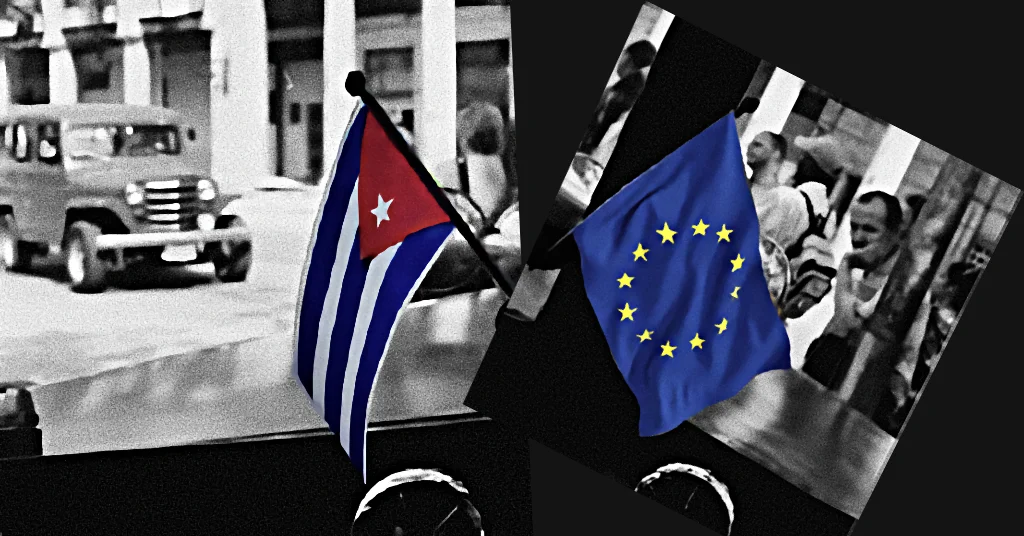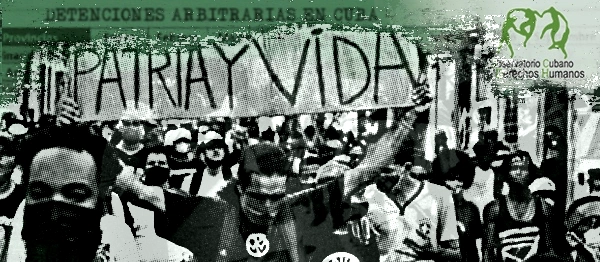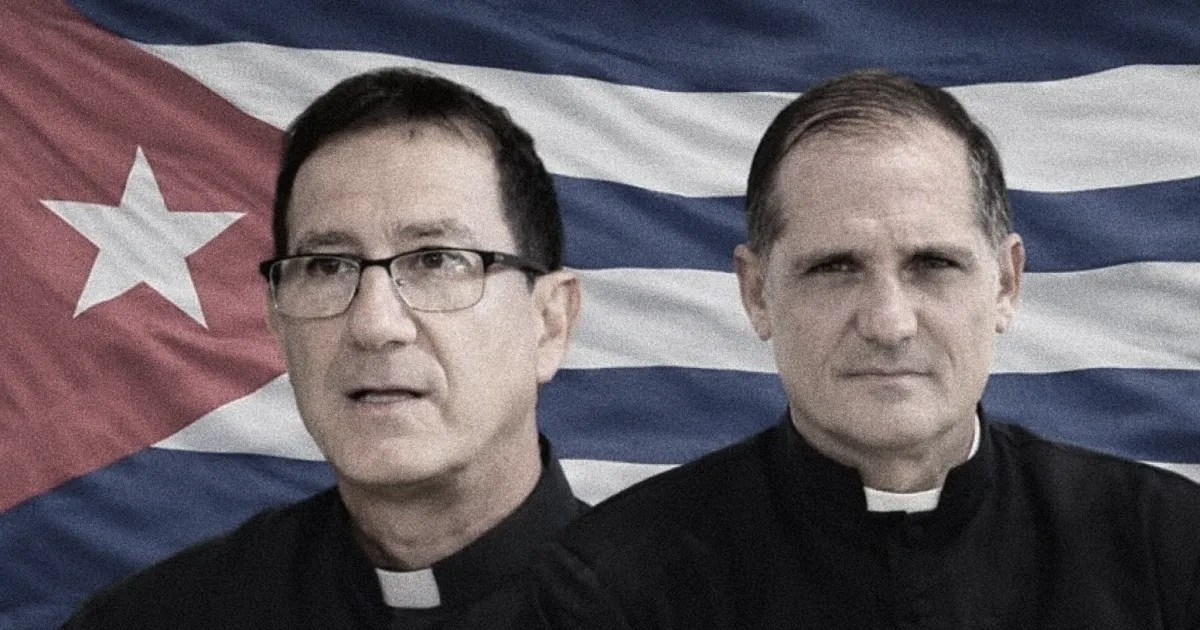Madrid, May 14, 2025
The Cuban Observatory of Human Rights (OCDH) called in Brussels on Wednesday for «a new approach» to relations between the European Union (EU) and the Cuban government, given the worsening repressive political and socioeconomic situation on the island and the failures of EU diplomacy.
“The European External Action Service (EEAS) has an outdated view of Cuban reality. There is a noticeable weariness and lack of rigor among the team that designs and implements policies toward Cuba. Its lack of results in the field of human rights (the EU was not even part of the most recent process of releasing political prisoners, nor has it achieved any other positive measure in favor of the Cuban people) were reflected in the interventions of the High Representative for Foreign Affairs, Kaja Kallas, in the most recent debate on Cuba in Strasbourg. Therefore, greater creativity, firmness, and changes are urgently needed in the structures related to Cuba, inherited from previous administrations,” stated the OCDH.
This week, after the «disappointing debate on Cuba» in the European Parliament, the NGO met in Brussels with MEPs from different parties and officials from the Foreign Service. These included MEPs Gabriel Mato and Javier Zarzalejos (Popular Party, Spain); Francisco Assís (Socialist Party, Portugal); Hermann Tertsch (VOX, Spain); and Arkadiusz Mularczyk (Law and Justice Party, Poland).
The Cuban delegation, formed by Yaxys Cires, OCDH Director of Strategies, and Elena Larrinaga, President of the Christian Democratic Party of Cuba (PDC), was received by Juan Salafranca, Deputy Secretary General of the European People’s Party; and by officials from the EU Human Rights Office and the Cabinet of Roberta Metzola, President of the European Parliament.
«We emphasize the importance of the European Union’s policy toward Latin America, and Cuba in particular, finding common ground with the U.S. State Department. A committed and joint vision from both actors would be very positive for the region, helping it advance in freedom and democratic stability, but also ensuring it does not become a territory of influence for China and Russia,» the OCDH stated.
The PDC, for its part, regretted Kaja Kallas’s «lack of definition» in the debate on Cuba, «where she even spoke of ‘imperfect democracies,’ an idea that dangerously harks back to the days of Federica Mogherini, then head of European diplomacy, who described Cuba as a ‘one-party democracy.'»
The meetings included representatives in Brussels from the Konrad Adenauer Foundation, the ruling party in Germany.





